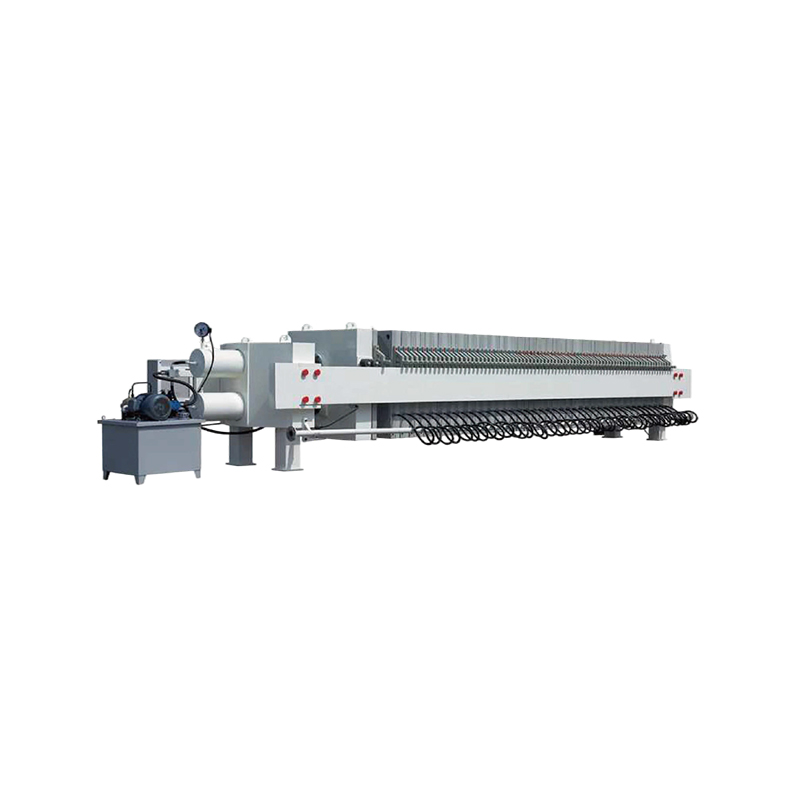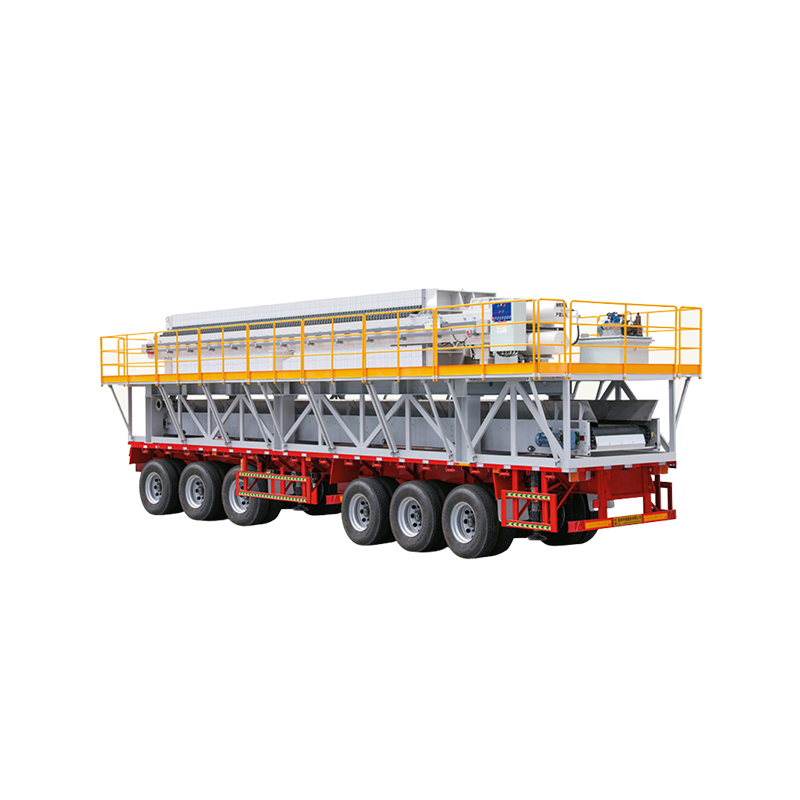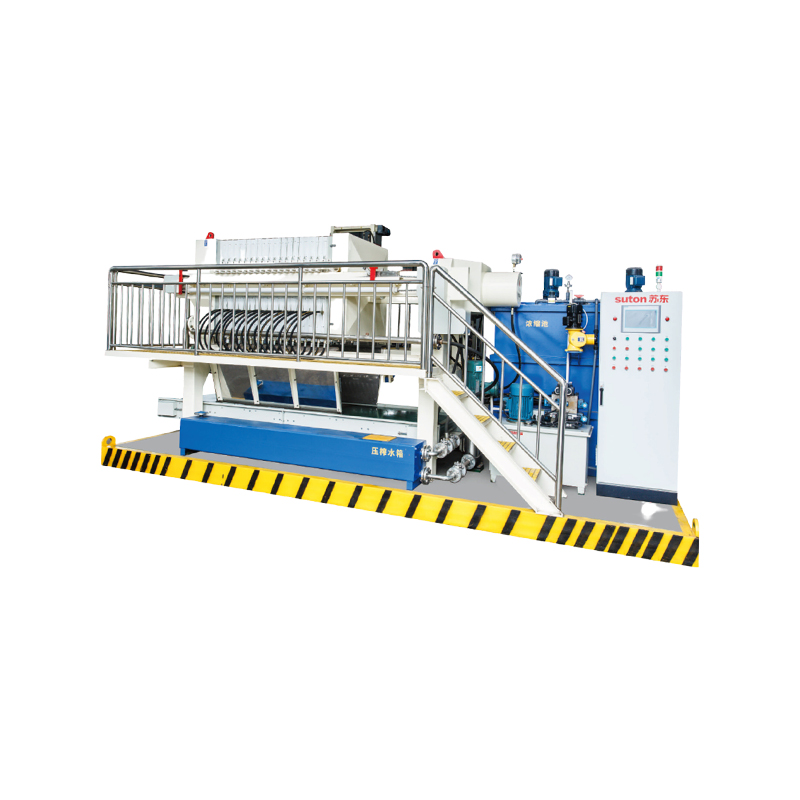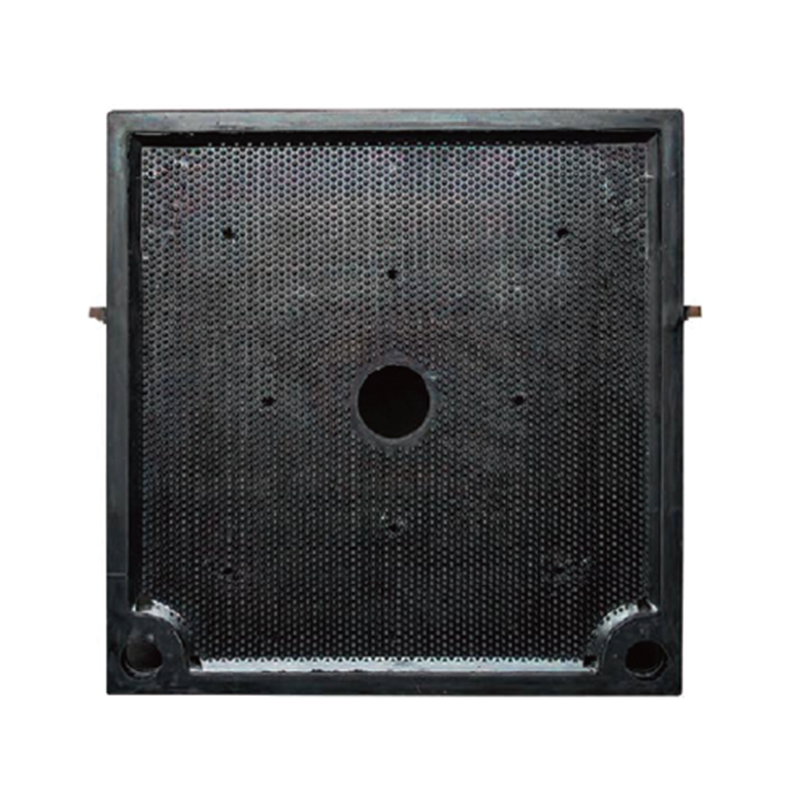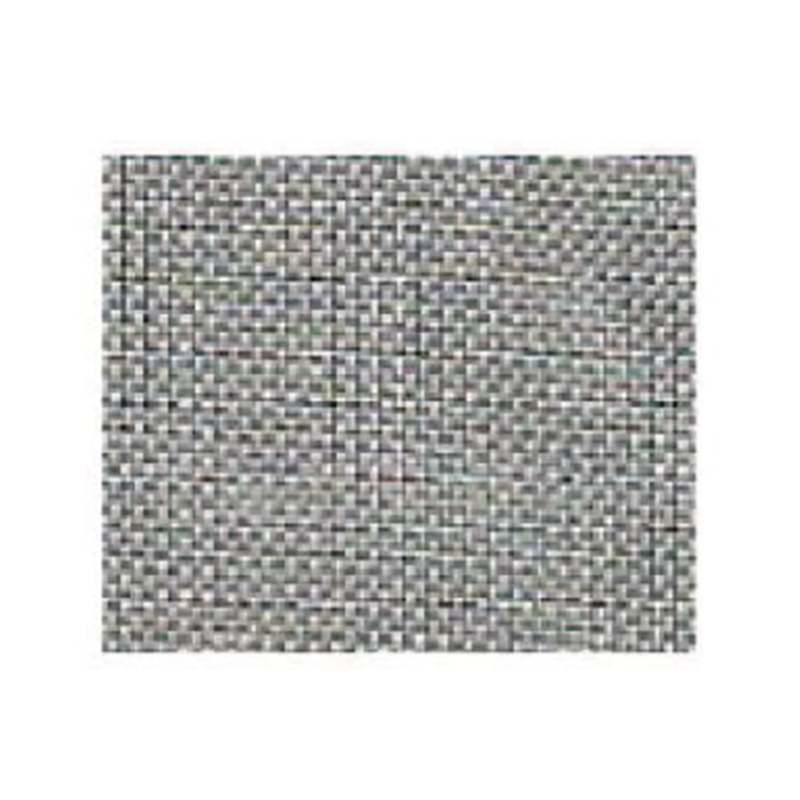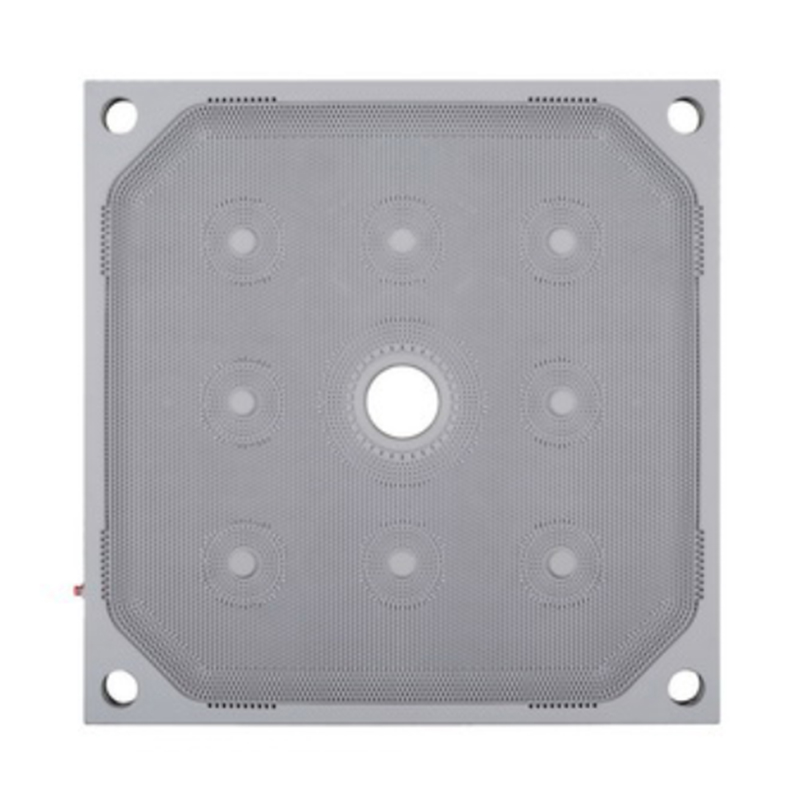The Benefits of Using a Sludge Filter Press in Municipal Water Treatment Plants
 2025.07.21
2025.07.21
 Industry News
Industry News
1. Efficient Dewatering of Sludge
The core function of the sludge filter press is efficient dewatering, which separates the water in the sludge from the solid part through pressure filtration. Traditional sludge treatment methods, such as natural sedimentation and aeration, often take a long time and are inefficient. The filter press applies pressure to force the sludge through the filter cloth, and the water is discharged during the filtration process, making the sludge drier.
This dewatering effect allows the moisture content of the dehydrated sludge to be reduced to less than 20%, which is much better than the dewatering effect of traditional methods. The volume of dehydrated sludge is greatly reduced, thereby reducing the space and cost required for storage and transportation. Through efficient dewatering, the sludge treatment process becomes faster and more efficient.
2. Improved Waste Management and Disposal
Traditional sludge has a high moisture content and is difficult to transport and handle. Wet sludge not only requires a lot of space to store, but also easily pollutes the environment, especially when stored improperly, it may cause odor and bacterial growth. After the filter press, the water in the sludge is removed, and the remaining dry sludge blocks are easier to store, transport and handle.
The dewatered sludge can be treated as solid waste, reducing the harm to the environment. Due to the significant reduction in water content, the weight of the sludge is greatly reduced, which greatly reduces the transportation cost and handling expenses. The sludge with low moisture can also be further processed into organic fertilizer or composting, and can even be used for land reclamation or energy recovery, reducing the need for landfill and incineration.
3. Reduced Operational Costs
Although the initial investment of the sludge filter press may be slightly higher than other dewatering equipment (such as centrifuges), its operating costs are relatively low in the long run. The filter press is energy-efficient and usually does not require much energy consumption, so it can save a lot of energy costs in long-term operation. In addition, the maintenance cost of the filter press is relatively low, requiring only regular replacement of the filter cloth and inspection of the equipment operation status.
Due to its efficient dewatering ability, the filter press can significantly reduce the transportation and handling costs of sludge. Reducing the volume of sludge means that the number of transportations and storage space are greatly reduced, and the overall operation and maintenance costs are also significantly reduced.
4. Minimized Environmental Impact
With increasingly stringent environmental regulations, municipal water treatment plants must consider how to reduce the environmental impact of sludge disposal. The use of filter presses can effectively reduce the volume of sludge and reduce the risk of pollution during storage and treatment. Reduced moisture helps reduce odor and reduces the spread of bacteria and harmful substances.
Filter presses can also help reduce the need for transportation to landfills or incineration facilities, further reducing pollution. If the sludge is further processed, it can be converted into fertilizer or other environmentally friendly materials for agriculture or energy recovery to achieve resource reuse.
5. Improved Sludge Handling and Storage
The sludge dehydrated by the filter press becomes drier and in solid form, which makes it easier to handle, store and transport. The space occupied by dry sludge is greatly reduced, and the heavy physical properties of wet sludge (such as wet weight and permeability) no longer exist, reducing the risk of secondary pollution during storage.
In terms of storage, dry sludge is easier to stack than wet sludge, and can achieve denser stacking, thus saving storage space. Dry sludge is not easy to leak or overflow during transportation, reducing the potential negative impact on traffic and the environment.
6. Enhanced Filtration Efficiency
Modern sludge filter presses use advanced technology and materials to complete dehydration work in a shorter time and efficiently remove moisture from sludge. The design of these equipment has continuously improved filtration efficiency, can handle higher concentrations of sludge, and can operate stably. Through the high-pressure filter cloth system, the filter press can remove up to 95% of the water, usually compressing the moisture content of the sludge to about 20%, which greatly improves the overall efficiency of sludge treatment.
Modern filter presses usually have an automated control system that can automatically adjust the filtration pressure and cycle according to the nature of the sludge to ensure maximum filtration effect and reduce manual intervention and operating errors.
7. Flexibility and Versatility
The flexibility of the sludge filter press is reflected in its ability to adapt to different types of sludge. From sludge generated by municipal sewage treatment plants to special sludge in industrial wastewater treatment, filter presses can handle it all. It can adjust operating parameters according to the properties of the sludge (such as solid content, chemical composition, etc.) to optimize the dewatering effect.
Sludge filter presses can also cope with the changes of different sludges, such as primary sludge, secondary sludge or multiple mixed sludges. Its flexible operation and strong adaptability enable water treatment plants to efficiently treat a variety of sludge types without frequent equipment changes.
8. Compliance with Regulatory Standards
With increasingly stringent regulations on water treatment and waste management by governments and regions around the world, municipal water treatment plants are facing greater compliance pressure. By using sludge filter presses, water treatment plants can ensure that their sludge treatment complies with relevant environmental regulations. Filter presses can reduce harmful substances in sludge, control its humidity, and prevent the spread of pollutants during storage and transportation.
The dehydrated dry sludge is easy to recycle and reuse, which meets the policy requirements of resource recycling. The use of sludge filter presses helps water treatment plants fulfill their social responsibilities and ensure long-term compliance.
9. Energy Efficiency
Compared to other dewatering technologies such as centrifuges, filter presses consume less energy. Centrifuges need to separate water by high-speed rotation, while filter presses squeeze water out by applying pressure, which consumes relatively less energy. Filter presses are easy to operate and highly automated, reducing the energy consumption required for manual operation.
For large water treatment plants, the energy savings can add up to a considerable amount, especially under long-term operation and high-load conditions. In this way, sludge filter presses are not only an environmentally friendly choice, but also have economic advantages.
10. Long-Term Durability
Made of high-strength, corrosion-resistant materials, sludge filter presses have a long service life. Its durability allows the equipment to maintain stable performance during long-term operation, reducing equipment failures and downtime. Generally, modern sludge filter presses can maintain efficient operation for several years, reducing the frequency of equipment replacement and maintenance.
Many sludge filter presses are also equipped with intelligent monitoring systems that can monitor the status of the equipment in real time, warn of potential failures in advance, and help maintenance personnel deal with problems in time, avoid equipment downtime, and ensure the efficient operation of the system.

 English
English Español
Español हिंदी
हिंदी Tiếng Việt
Tiếng Việt

